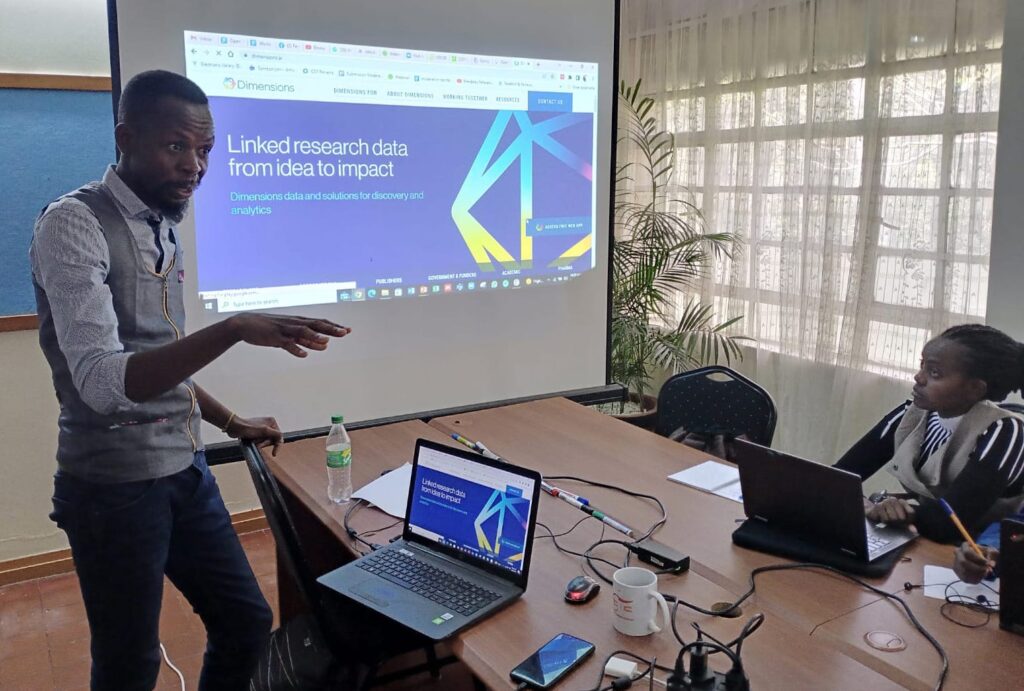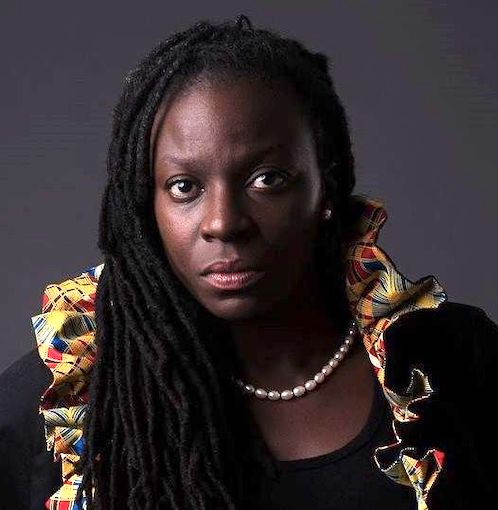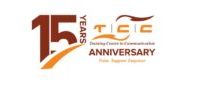How far has the scholarly communications industry come in helping African researchers to publish their work? Inroads have been made but there’s still a way to go – and Open Access has a major role to play.
A recent study showed that researchers using different article publication databases would not have access to the same level of content from the Global South (Basson et al, 2022). This has, sadly, always been the case, as Western countries’ researchers have dominated in terms of article numbers and their respective citations ever since the first journals appeared in England and France in the 17th Century. While India and China have increased their research output markedly in recent years, the imbalance with other developing countries is still significant.
In order to help redress this deficit, Digital Science and Dimensions has partnered with the Training Centre in Communication (TCC Africa) since 2019. TCC Africa is a research capacity Trust based in the University of Nairobi, Kenya. TCC Africa was the first African-based training centre to teach effective communications skills to scientists in 2006. Registered in Kenya, TCC Africa aims to provide capacity support in improving researchers’ output and visibility through training in scholarly and science communication.

The key objectives for Digital Science and Dimensions in collaborating with TCC Africa were threefold: to increase use and awareness of Open Access (OA) content as part of the research discovery process; to increase OA data included in Dimensions’ database; and to increase African Journals and their research output in Dimensions Data through strategic African Higher Education stakeholder partnerships.
Vital to the delivery of these objectives has been the leadership of Joy Owango, Executive Director of TCC Africa, who has created strategic partnerships that has led to the capacity building initiatives. In 2021 and 2022, Dimensions has been launched in 12 African countries through strategic partnerships with national library consortia, research councils and university commissions. Continuous institutional training on effective access and use of Dimensions has been taking place with over 100 universities trained so far.

TCC Africa has been able to make huge strides towards meeting the original objectives of the partnership. Just in the first part of 2022, activities have included:
- Delivering workshops on using OA research discovery solutions to improve research outcomes in Democratic Republic of Congo, Zimbabwe, Nigerian, Kenyan and Tanzanian institutions
- Hosting webinars on OA discovery and utilising social media in a research context
- Presenting to higher education conferences in Rwanda and the UK.
The conference in the UK was noteworthy as it was co-organised by TCC Africa and the University of Bath, with a focus on Open Science and Research Inclusion, involving input from Joy as well as Figshare CEO and Founder Mark Hahnel and SciELo DIrector Abel Packer. Africa and South America were therefore leading the discussion not just on research inclusivity, but the important role Open Science and OA can play in this important issue. As Basson et al’s article pointed out, using Dimensions can help authors in the Global South, and “has the potential to be a more suitable platform for a more inclusive measurement of OA uptake, especially of publications by authors from outside North America, Europe, and Central Asia”.

Following the success of these activities that have engaged thousands of people across Africa and beyond, what’s next for TCC Africa? Joy has plenty more planned for 2022. “Our immediate step is to work with African Funders and Think Tanks to start indexing their output, thus increasing their visibility,” says Joy. She adds, “We are far from being done as continuous engagement with African higher education stakeholders builds trust and community, which are the continents’ core cultural values and this process empowers African researchers through access to data but most importantly making their output visible for use.”
About Dimensions
Dimensions is a modern, innovative, linked research data infrastructure and tool, re-imagining discovery and access to research: grants, publications, citations, clinical trials, patents and policy documents in one place. www.dimensions.ai
Links
TCC Africa: https://www.tcc-africa.org/portfolio/professional-services/open-access/
Basson et al, 2022: https://doi.org/10.1371/journal.pone.0265545
International Centre for Higher Education Symposium on Open Science and Research Inclusion: https://uniofbath.cloud.panopto.eu/Panopto/Pages/Viewer.aspx?tid=2326376d-ce7d-445b-99af-ae6300bd90b1

About the Author
Simon Linacre, Head of Content, Brand & Press | Digital Science
Simon has worked in scholarly publishing for almost 20 years. His background is in journalism, and he has been published in academic journals on the topics of bibliometrics, publication ethics and research impact.
The post The role of Open Access in developing African research and publications appeared first on Digital Science.
from Digital Science https://ift.tt/f2Z9jLC



No comments:
Post a Comment